10 Most Common Life-Threatening Accidents On Board Ships
No seafarer wants to get hurt or suffer injuries while working on ships. We all know it’s a hostile working environment at the sea and no matter how many precautions are taken, accidents are bound to happen as a result of one main and common reason – human error.
A series of regulations have been introduced and implemented to ensure the safety and security of the seafarers working on ships. However, there are few types of life-threatening accidents that still keep taking place onboard ships around the world. As seafarers working at sea, it is important that you are aware of them and take extra precautions to avoid them.
Mentioned below are ten such life-threatening accidents that seafarers must be aware of:
1. Man overboard
Man overboard situation is a common and one of the most dangerous situations wherein the person falls into water while working or as a result of some accident.
Though seafarers are trained to deal with such situations, bad weather and heavy sea can spoil the rescue operation. Areas with extremely water temperature can also cause hypothermia or other dangerous health issues, even death. Several people have lost their lives in past because of such accidents.
2. Enclosed Space Accidents
This is one of the most common types of accidents onboard ships, which has been the result of several casualties and extreme injuries. Such accidents occur mainly when the ship’s crew enter a confined space that is not properly gas-freed and has several pockets of toxic/flammable gases. Many officers still neglect the enclosed space entry procedures, risking their and other crew member’s lives. Seafarers must be extremely cautious while entering enclosed spaces.
Additional reading:
1.Procedure for entering enclosed spaces
2. How to rescue a person from enclosed space?
3. Electrical Shock Accidents
Just like on land, electrical shocks have also taken several lives onboard ships. Unattended electrical connections, exposed wires, and failure in taking basic precautions while handling electrical equipment have to lead to many unfortunate incidents.
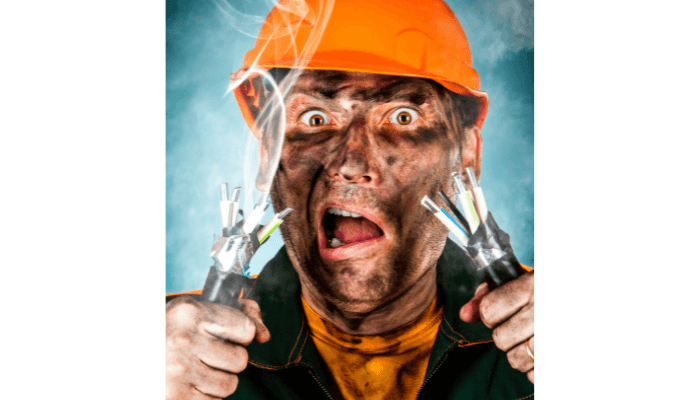
Additional reading:
How to minimize risk of electrical shock on board ship?
4. Machinery Explosion – Generator, compressor, boiler blast etc.
Improperly maintained machinery and systems sometimes leads to major blasts/explosions, destroying the ship’s property and killing people working on and around them. Accidents such as compressor blasts, crankcase explosions, boiler blasts etc. have caused serious injuries and even death in many cases in the past.
Additional reading:
How to prevent crankcase explosion?
A guide to overhauling generators on ships
A guide to operating procedures for engine room machinery
5. Mooring Operations
Yet another most common reason for serious injuries and deaths onboard ships, mooring operations is considered an extremely dangerous task that needs proper skills and knowledge. Several officers and crew members lose their lives every year because of accidents related to mooring operations.
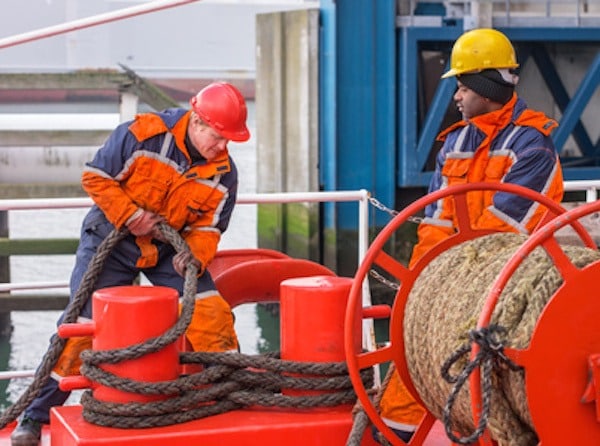
Additional reading:
Understanding dangers of mooring operations
10 points to remember while carrying out mooring operations
A guide to deck machinery procedures and operations
6. Falling From Height
Onboard ships, seafarers are often required to work at heights wearing safety harnesses and other important safety tools. However, in spite of taking all the necessary precautions, several crew members have lost their lives or suffered permanent injuries as a result of falling/slipping from heights, failure of safety devices, falling inside cargo hold during the inspection, and also due to sheer negligence.
Additional reading:
Important personal protective equipment
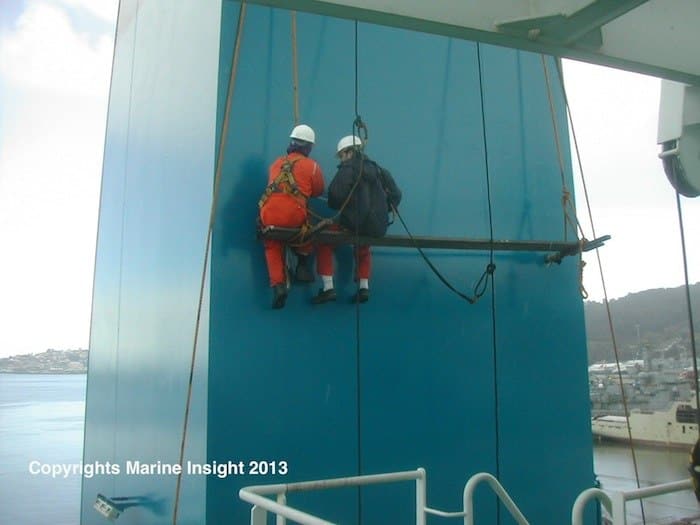
7. Piracy Attacks
Though this is not a real kind of accident on board ships, it is a situation that is extremely life-threatening. Pirates use lethal weapons such as RPG and guns at the ship’s crew while trying to highjack the vessel. There have also been accidents wherein pirates have boarded the vessel, killed crew members and looted the vessel. They are the least bothered of anyone’s life and can shoot without giving a second thought.
Additional reading:
Best Management Practices for Protection Against Somalia Based Piracy
8. Lifeboat Testing Accidents
It is said that lifeboats take more lives than they save. Lifeboat testing during drills is an important routine onboard ships. However, several seafarers have lost their lives while performing such tests. Though new regulations have been introduced in order to ensure utmost safety while handling lifeboats, accidents involving severe injuries and deaths still occur as a result of lifeboats.
Additional reading:
SOLAS requirements for lifeboats
9. Hot Work Accidents
Accidents as a result of hot work can occur because of several reasons. One of the most common ones is when hot work is being carried out in an enclosed space with flammable gases, when the adjacent tank has flammable material, as a result of flammable gas pockets etc. It is also seen that seafarers often fail to follow the basic hot work procedures while carrying out such procedures, leading to unfortunate, fatal accidents.
10. Gangway Fall
Accidents have occurred on many ships when the ship’s gangway has failed while being used by the ship’s crew members or visitors. Gangway failure usually takes place as a result of lack of maintenance and failure of gangway wire rope.
Accidents on board ships can occur as a result of several reasons. The above-mentioned ones are some of the most common life-threatening accidents/situations onboard ships of which seafarers must be aware and careful.
Let us know about any other type of accident that you feel is extremely life-threatening.
You may also like to read read – Titus- An Innovative Rescue System

About Author
Raunek Kantharia is a marine engineer turned maritime writer and entrepreneur. After a brief stint at the sea, he founded Marine Insight in 2010. Apart from managing Marine Insight, he also writes for a number of maritime magazines and websites.
Disclaimer :
The information contained in this website is for general information purposes only. While we endeavour to keep the information up to date and correct, we make no representations or warranties of any kind, express or implied, about the completeness, accuracy, reliability, suitability or availability with respect to the website or the information, products, services, or related graphics contained on the website for any purpose. Any reliance you place on such information is therefore strictly at your own risk.
In no event will we be liable for any loss or damage including without limitation, indirect or consequential loss or damage, or any loss or damage whatsoever arising from loss of data or profits arising out of, or in connection with, the use of this website.
Do you have info to share with us ? Suggest a correction
Latest Ship Safety Articles You Would Like:
Disclaimer :
The information contained in this website is for general information purposes only. While we endeavour to keep the information up to date and correct, we make no representations or warranties of any kind, express or implied, about the completeness, accuracy, reliability, suitability or availability with respect to the website or the information, products, services, or related graphics contained on the website for any purpose. Any reliance you place on such information is therefore strictly at your own risk.
In no event will we be liable for any loss or damage including without limitation, indirect or consequential loss or damage, or any loss or damage whatsoever arising from loss of data or profits arising out of, or in connection with, the use of this website.
Daily Maritime News, Straight To Your Inbox
Sign Up To Get Daily Newsletters
Join over 60k+ people who read our daily newsletters
By subscribing, you agree to our Privacy Policy and may receive occasional deal communications; you can unsubscribe anytime.

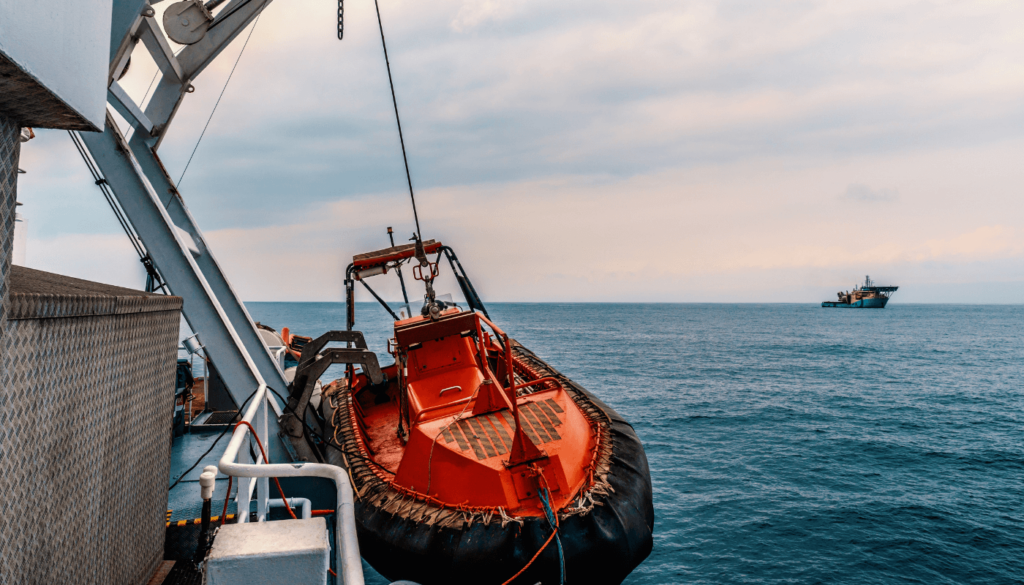
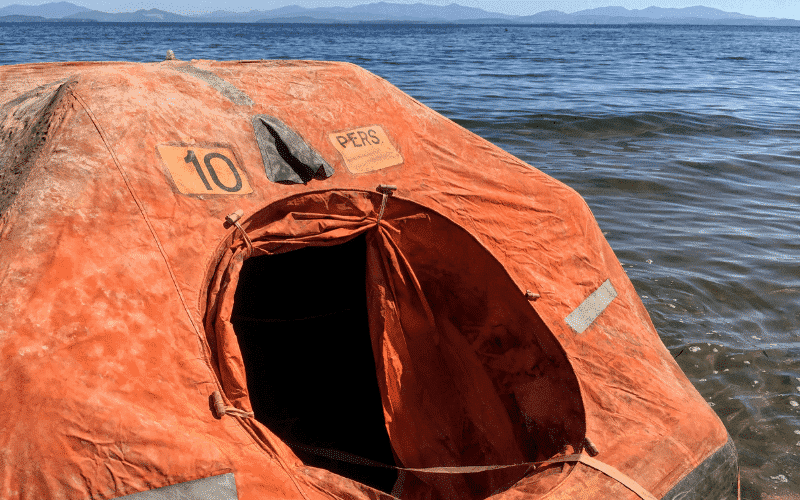
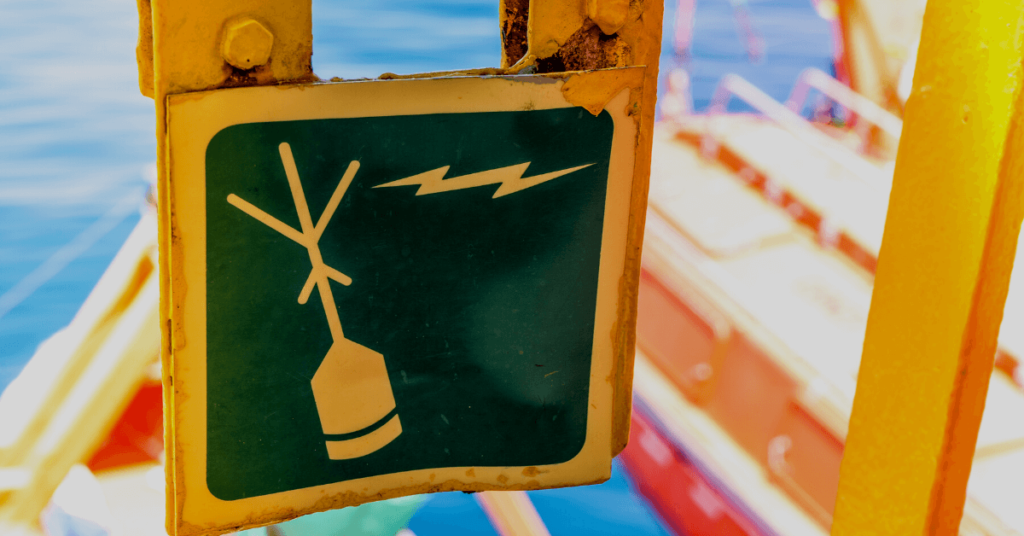
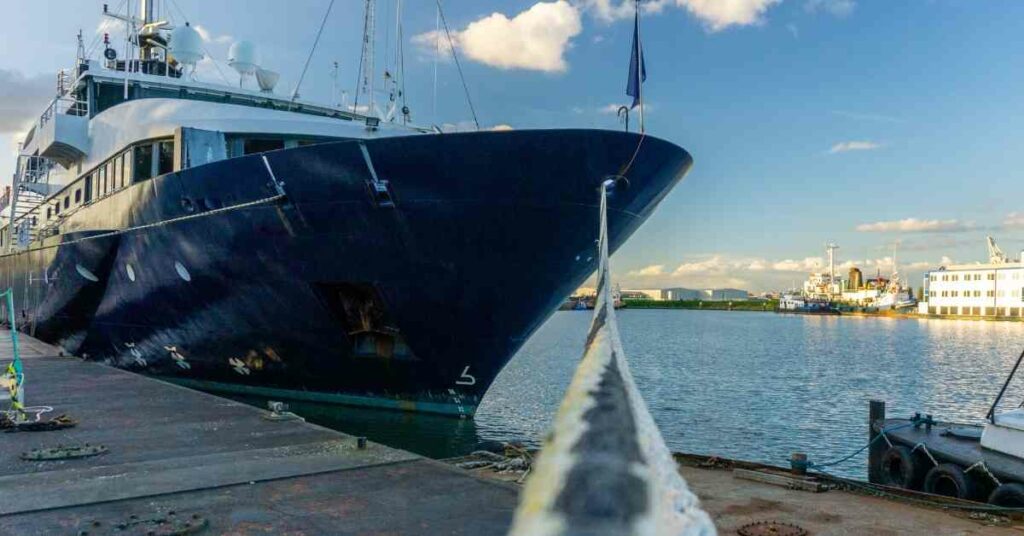
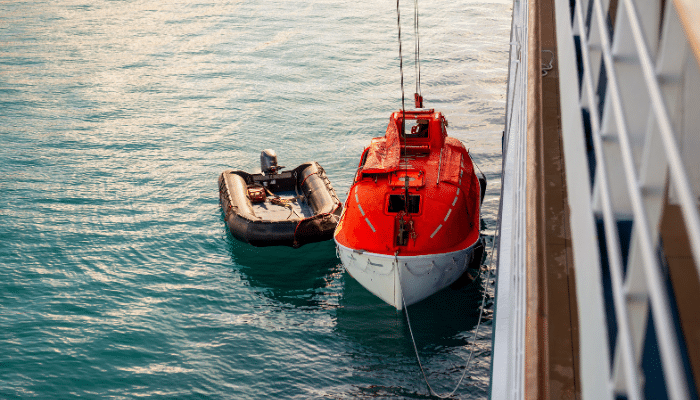
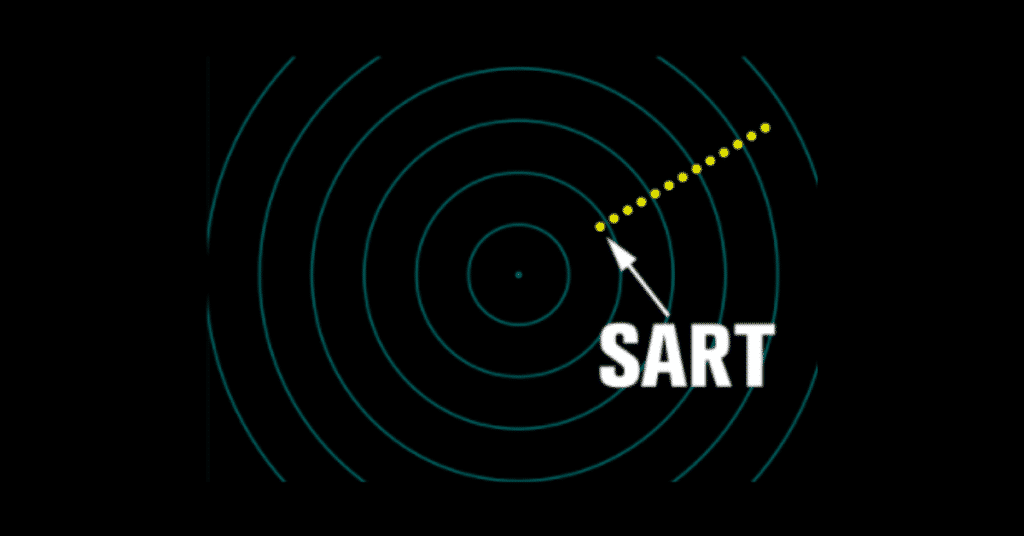

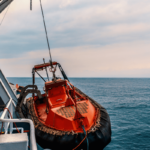
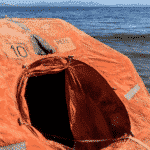
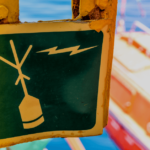
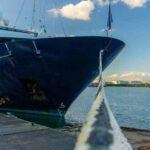
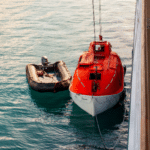
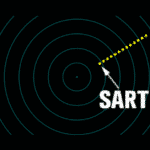
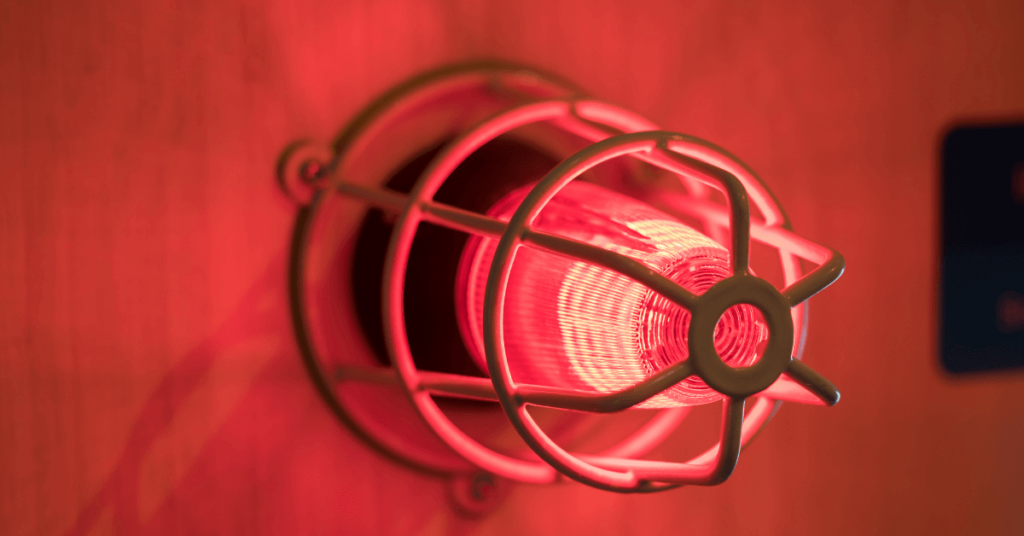
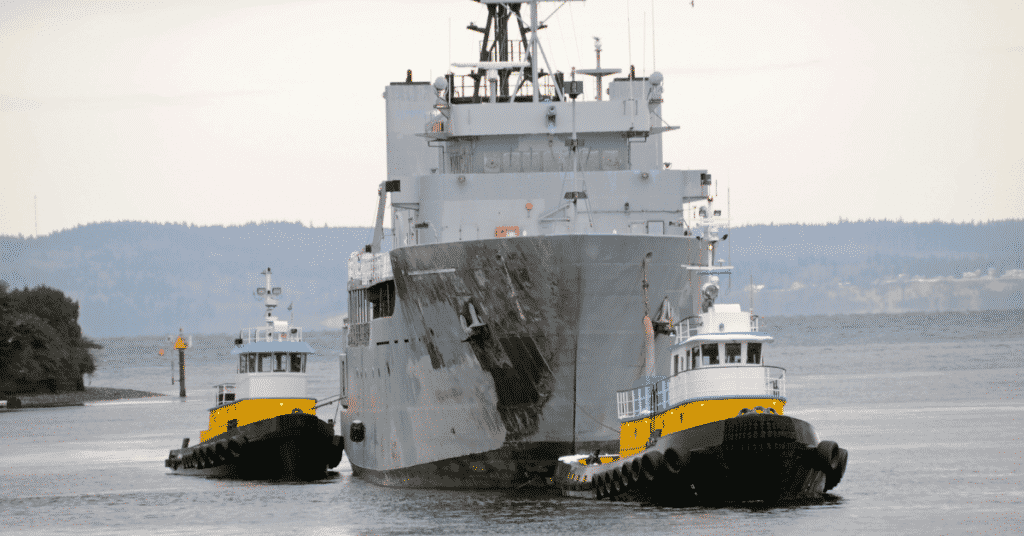
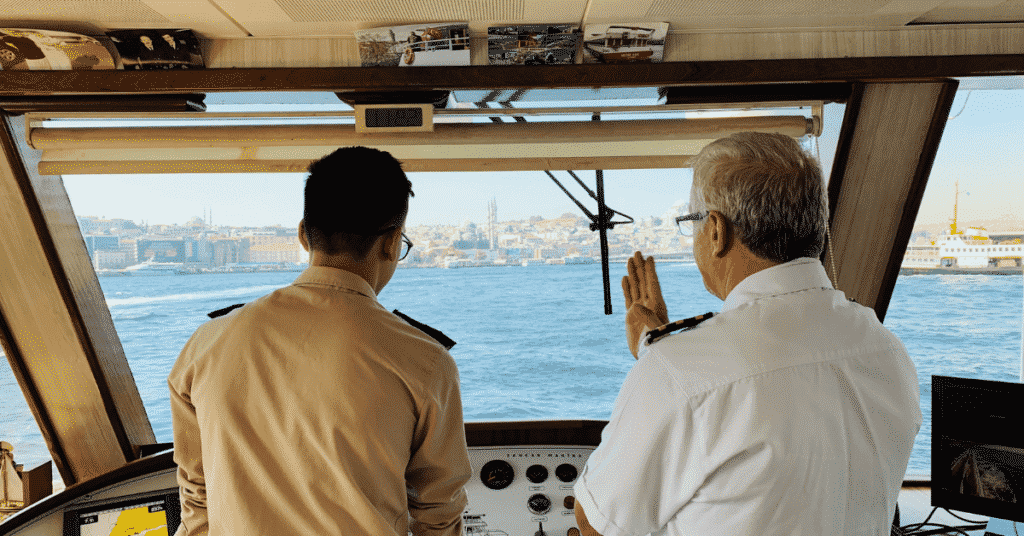
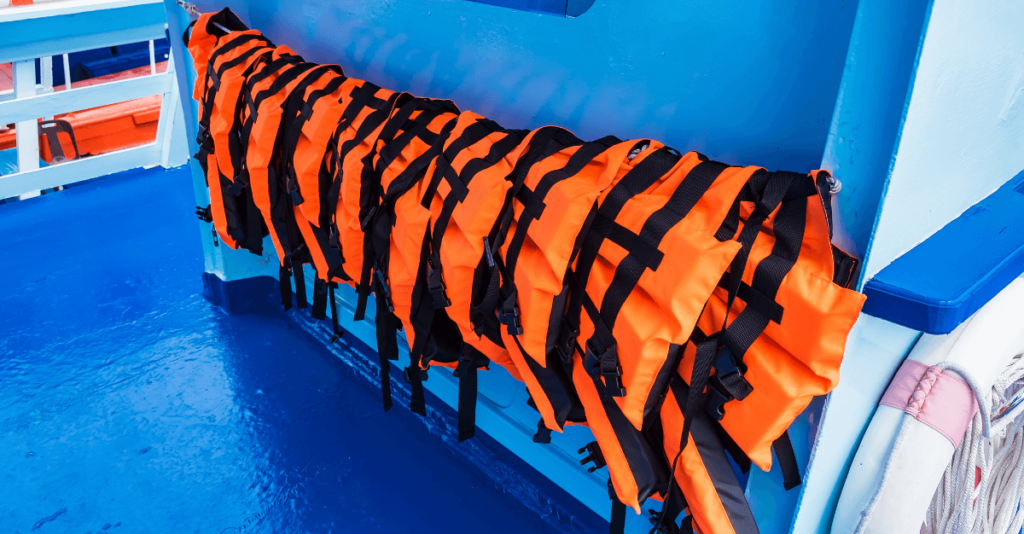
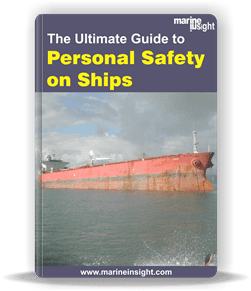
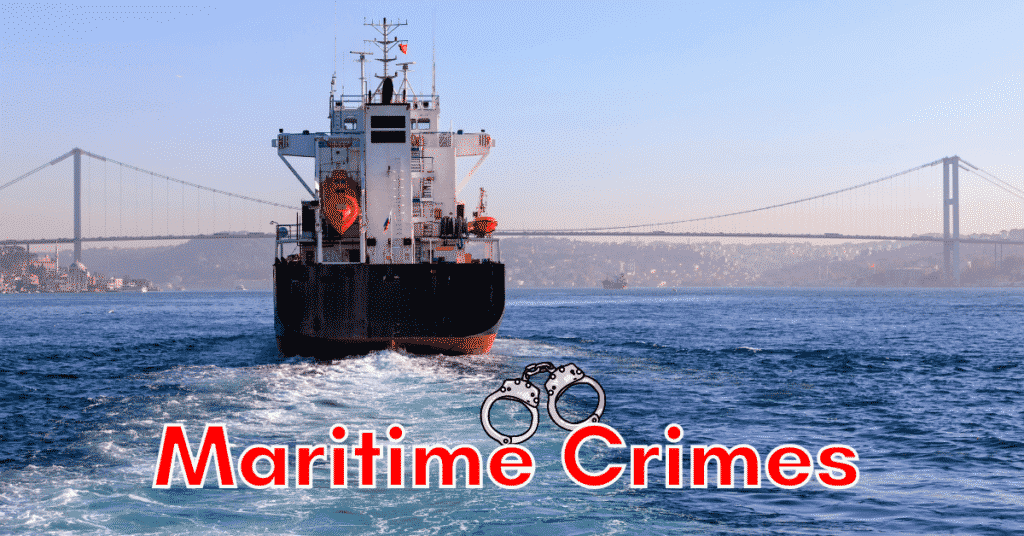
As a (Nearly) 60 year old seafarer i appreciate the procederes put in place to prevent accidents onboard ships. Just a couple of comments i,d like to make on the content of thi message:-
First, The images are obviously staged because everything is nice and shiney, Not a rust streak any where,, A bit of realism allways helps.
2, The mooring operations image,,,, That has to be down to employing “AB,s” who have been fast tracked through a system that does not read the code of safe working practice, You never, ever pull a mooring rope off the underside of a winch drum,, You don,t pull it, FULL STOP, You take in the slack. Doesn,t anyone know how to “Surge” a rope anymore???
3. The work at height image. I used this type of staging for many many years without ever having witnessed even what you would call a “near miss” these days. All down to- Checking the gantlines, Lizards, Blocks etc before you used them. You “Rigged” your end of the stage yourself, Checked your mates end as well before you went aloft and you had confidence in the “Old Ass” AB,s you were working with. Confidence AND trust. These days you don,t know if a certain “AB” needs pull on rigger boots because he,s not sure about tying the laces.
The company,s who operate ships now, Although they put a big emphasis on safety and training leave it all to training schools who have a set amount of info to get accross in a short space of time, so they can ALWAYS pass the buck, if there is an incident, By saying ” Well he,s done the training.
Sorry to anyone who reads my ramblings here, Thinking i,m just a doddery old ass AB, BUT I AM, and always will be. When i see young lads and lasses coming onto a ship for the first time thinking they know everything makes my blood boil, I,ve been at sea 40 years and i,m still learning because there,s guys there been doing it for 50 years can still point out the errors of my ways, And i listen,, Because there,s one thing all the training schools in the world CANNOT give you,, Experience.
END OF RAMBLE.
Stay safe fellow “Old Asses”
A highly educational one. I have learn a lot regarding procedural measures adopted to avoid accidents on board ships.
agree to your observations…
I totally agree with what Mick McClarence says. He is shooting off from experience which is something we do not see enough of.
We have replaced experience with school boys who read the books, get the certificates and think that they know everything. This does not apply to everyone as training and education is very important but nothing replaces experience.
I see less and less of mentoring these days, mentoring on the job to produce good juniors onboard, not in training schools or in SFOM’s (a free for all event). The paper mountian created in the name of ISM is probably taking its toll because shipstaff are now more paper savvy than real life situations. How many Navigators can still take the sextant bearings, but all can definitely produce the paperwork for having done so.
Being an old school myself, I am on Mick’s side.
Sach
Mick McClarence is right on the money with his comments.
I understand the need for “paper safety”, but real safety only comes as a result of being mentored and gaining experience.
I fully agree with Mick, Ain’t a spring chicken anymore too . I would sign it too .